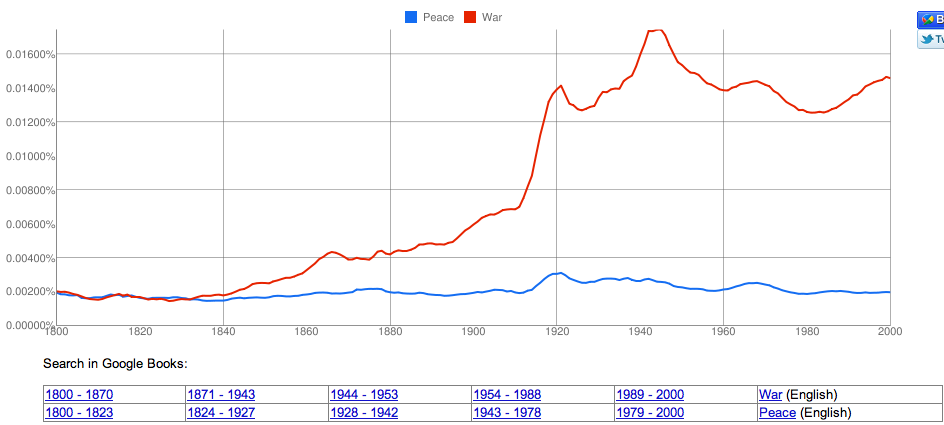

'Banzai!' for a superb work by a rising star in the historical firmament." "Anyone interested in the dynamics of arms races or the Pacific origins of World War II or even the early twentieth century world more generally can read with great profit. In a market driven by polish over substance, Making Waves is distinctly nourishing fare.It will remain an essential reference for Japan scholars and naval historians for years to come."

"Japan specialists and naval historians will relish this hearty new addition to the modern Japanese history canon. " Making Waves.is meticulously researched, well written, and compelling throughout." "Schencking's fine study provides an essential foundation for studying this issue in future works." The navy, as this book details, made waves at sea and on shore, and in doing so significantly altered the state, society, politics, and empire in prewar Japan. These efforts succeeded: by 1921 naval expenditures equaled nearly 32 percent of the country's total budget, making Japan the world's third-largest maritime power. The navy's sophisticated political efforts included lobbying oligarchs, coercing cabinet ministers, forging alliances with political parties, occupying overseas territories, conducting well-orchestrated naval pageants, and launching spirited propaganda campaigns. This study convincingly demonstrates that as the Japanese polity broadened after 1890, navy leaders expanded their political activities to secure appropriations commensurate with the creation of a world-class blue-water fleet. Politics, particularly budgetary politics, became the primary domestic focus-if not the overriding preoccupation-of Japan's admirals in the prewar period. It fundamentally challenges the popular notion that the navy was a 'silent,' apolitical service. This book explores the political emergence of the Imperial Japanese Navy between 18.


 0 kommentar(er)
0 kommentar(er)
